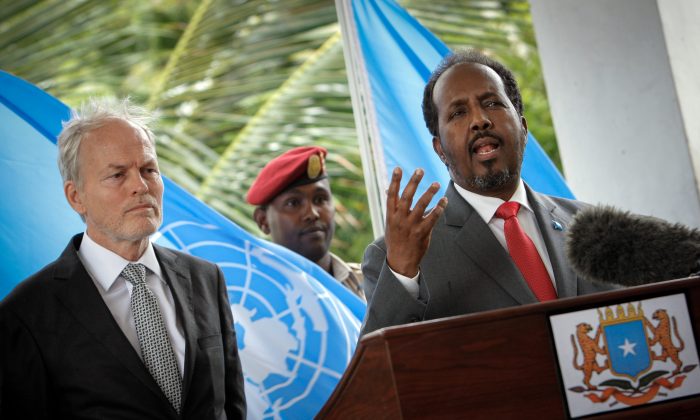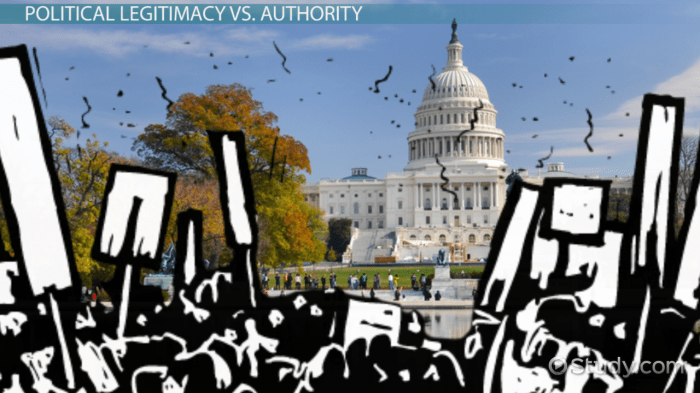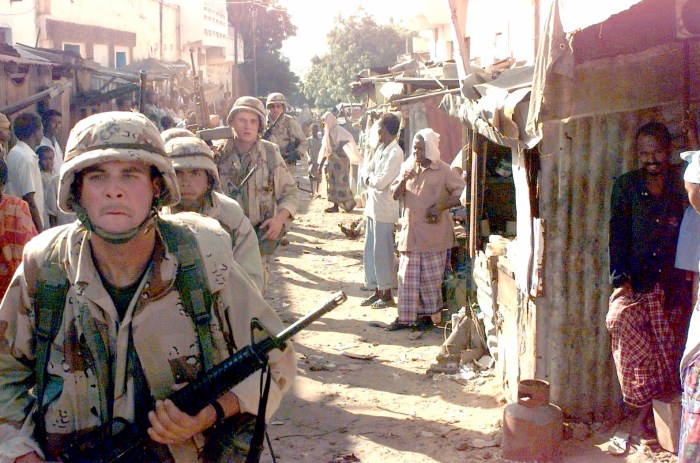The battle for political legitimacy in somalia is between __________. – The battle for political legitimacy in Somalia is a complex and multifaceted struggle that has plagued the country for decades. Various factions, each with their own ideologies and goals, have vied for power, leading to instability and a lack of effective governance.
This ongoing conflict has had a profound impact on Somalia’s political landscape, as well as the broader Horn of Africa region. Understanding the key players, challenges, and potential solutions to this battle is crucial for fostering stability and promoting peace.
Historical Context

Somalia’s political history is characterized by instability and conflict. After gaining independence from Italy in 1960, the country experienced a series of military coups and authoritarian regimes. In 1991, the central government collapsed, leading to a civil war that has persisted for decades.
The factors contributing to Somalia’s political instability include clan divisions, weak institutions, and external intervention. Clan loyalties have often taken precedence over national identity, leading to conflict and fragmentation. The lack of a strong central government has allowed for the proliferation of armed groups and militias, further undermining stability.
Key Players

The major political factions in Somalia include the following:
- The Federal Government of Somalia (FGS): The internationally recognized government, based in Mogadishu.
- Al-Shabaab: A militant Islamist group that controls large areas of rural Somalia.
- Puntland: A semi-autonomous region in northeastern Somalia.
- Somaliland: A self-declared independent state in northwestern Somalia.
These factions have different ideologies, goals, and sources of support. The FGS seeks to establish a stable and democratic government, while Al-Shabaab aims to impose a strict interpretation of Islamic law. Puntland and Somaliland prioritize regional autonomy and self-determination.
International Involvement: The Battle For Political Legitimacy In Somalia Is Between __________.

External actors have played a significant role in the Somali conflict. The United States and other Western countries have intervened militarily, providing support to the FGS and targeting Al-Shabaab. The African Union has also deployed peacekeeping missions to Somalia.
Foreign intervention has had a mixed impact on the battle for political legitimacy. While it has helped to stabilize certain areas and weaken Al-Shabaab, it has also contributed to resentment and mistrust among Somalis.
FAQ Explained
What are the major obstacles to establishing a stable government in Somalia?
Corruption, clan divisions, and extremism pose significant challenges to establishing a stable and legitimate government in Somalia.
How has international involvement impacted the battle for political legitimacy in Somalia?
International intervention has both positive and negative effects. While external support can provide resources and expertise, it can also lead to dependency and undermine local ownership of the political process.
What potential solutions exist to address the battle for political legitimacy in Somalia?
Addressing the root causes of instability, such as poverty, unemployment, and lack of access to education, is crucial. Additionally, promoting reconciliation between different factions and engaging with civil society organizations can help build a more inclusive and legitimate political system.